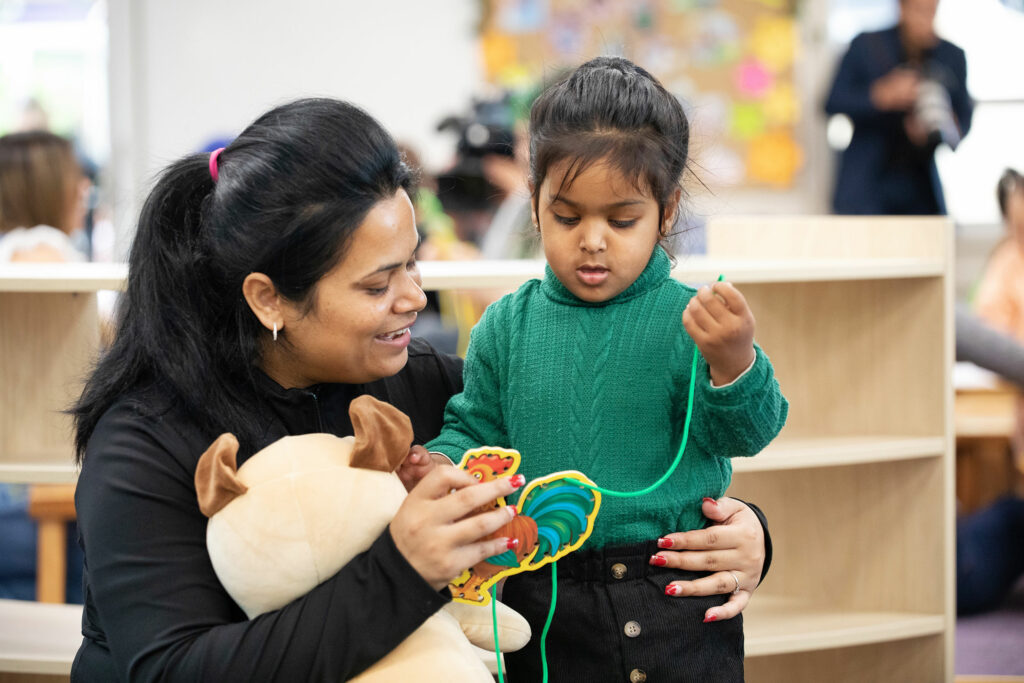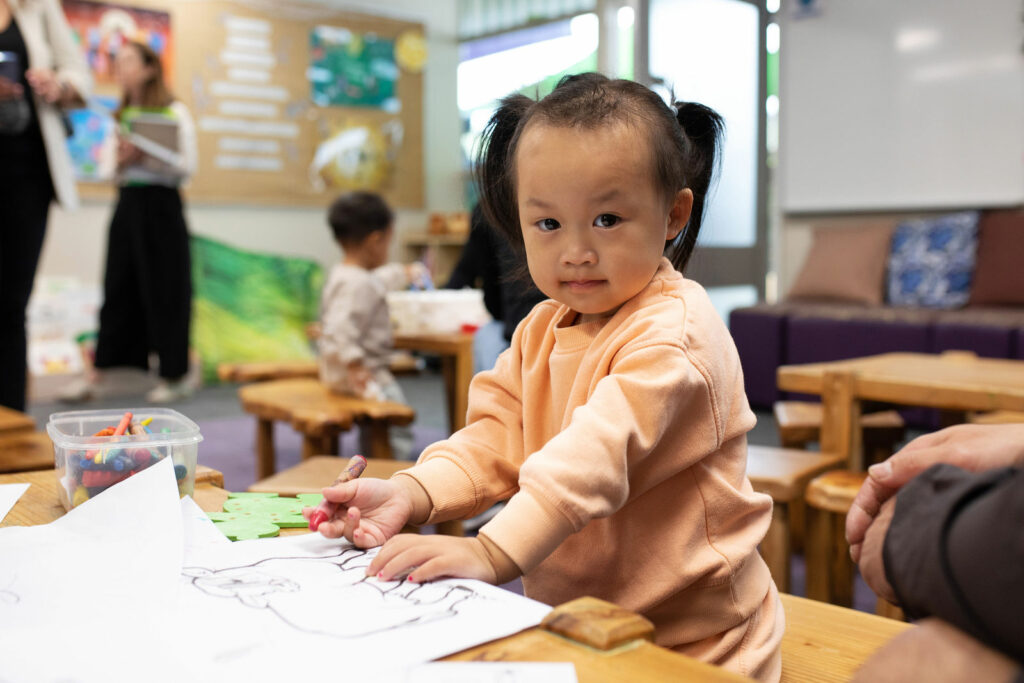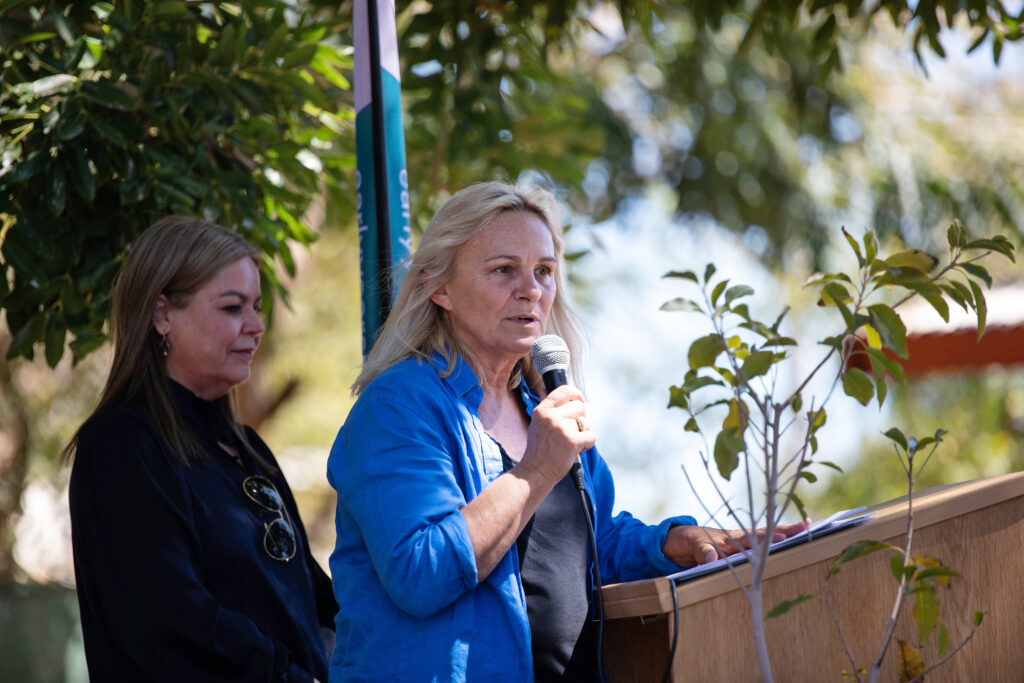Kids help plan launched
10-year community plan was launched in Armadale West, by the State Government and Minderoo Foundation, in partnership with Telethon Kids Institute.
A 10-year community plan to achieve better health and education outcomes for children under five was launched in Armadale last week, pointing the way for further plans to be rolled out statewide.
The Early Years Community Plan for Armadale West – Koorlangkas Dajoo Koorliny (Children Coming Together) is the result of a collaboration between the State Government and Minderoo Foundation, in partnership with Telethon Kids Institute, and was developed through extensive consultation with the local community and service providers.
Early Childhood Education Minister Sabine Winton announced the launch of the plan at the Champion Centre on Friday, alongside Member for Burt Matt Keogh, Mayor Ruth Butterfield and Minderoo Foundation’s Jay Weatherill.
Mr Weatherill is the director of Minderoo Foundation’s Thrive by Five campaign and is well-placed to lead the charge on reforming early childhood development initiatives. The former South Australian minister for early childhood development and premier of South Australia from 2011 to 2018 had previously expressed impatience at the pace of change occurring in the sector.
Mr Weatherill said there is an “immediate need to bridge the gap between what we know, and what we do.”
“We are incredibly proud to work alongside the Western Australian Government in this unique partnership between philanthropy and Government that is designed to do new things in new ways to support the development of children across WA,” Mr Weatherill said.
“Delivering services to children and families is different for every family, no matter where they live, and so it’s crucial that we involve local communities in the design and delivery of those services.
“This 10-year commitment across four sites in WA showcases how a place-based, community-led and innovative model, using the best available research and evidence, can demonstrate better ways to support children and families and gives us knowledge to benefit all Western Australian families and communities.”
There are nearly 2000 children under the age of four living in Armadale West, with one in four considered developmentally vulnerable, according to the Department of Education.
Armadale West – which includes Challis Community Primary School, Neerigen Brook Primary School and Willandra Primary School in its school catchment zone – was identified in 2019 as the only metropolitan site for the Plan, with work continuing for rollouts in Derby, Bidyadanga and Central Great Southern communities.
Member for Armadale Dr Tony Buti, whose ministerial portfolios include Education, Aboriginal Affairs, and Citizenship and Multicultural Interests, said the Early Years Partnership is about “listening to local families.”
“We know they are best placed to understand the needs of their children and the community,” Dr Buti said.
“It’s great to see the Armadale community come together to provide valuable and localised input into this plan. Importantly, the consultation process also listened to and took on the feedback of Aboriginal and culturally and linguistically diverse families, as children from these backgrounds make up nearly 20 per cent of children in the area.”
Minister for Early Childhood Education; Child Protection; Prevention of Family and Domestic Violence and Community Services Sabine Winton, who has nearly 30 years’ experience as a primary school teacher, stressed the importance of the early years of development.
“The first five years of a child’s life are critical to their development and life outcomes. It’s during this time they build the foundation for lifelong learning, health, and wellbeing,” she said.
“By consulting widely with the community and taking on their feedback, we’re ensuring priorities, resources and solutions are tailored for local families, and better support them to achieve positive outcomes for their children.”
Original article written by Chris Fowler, and published in the Armadale Examiner on March 30, 2023.
Channel Nine News coverage.


